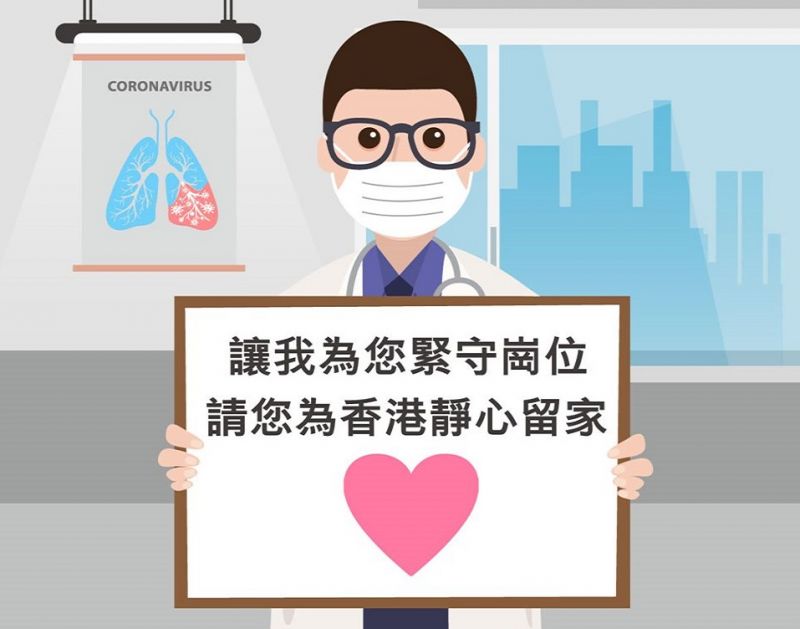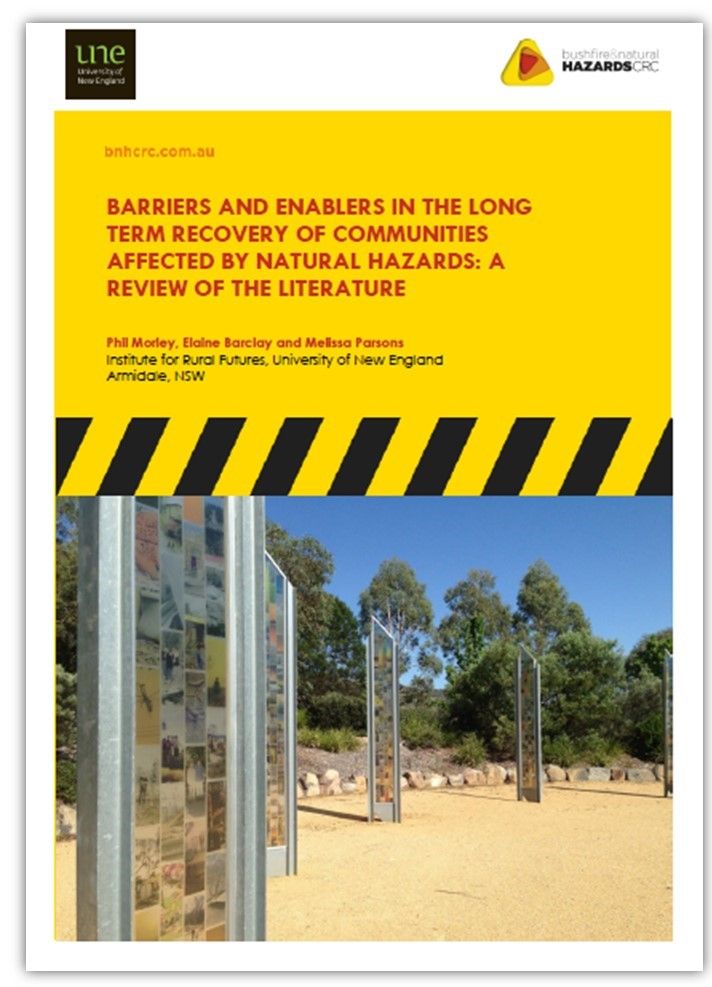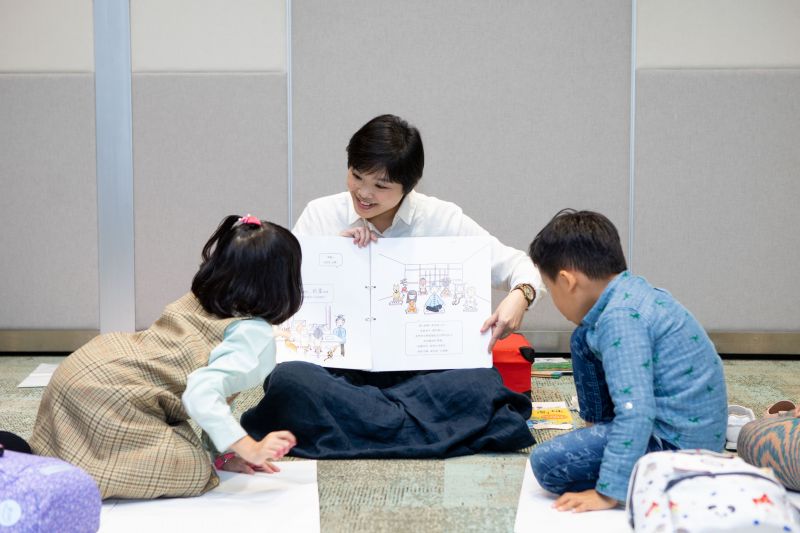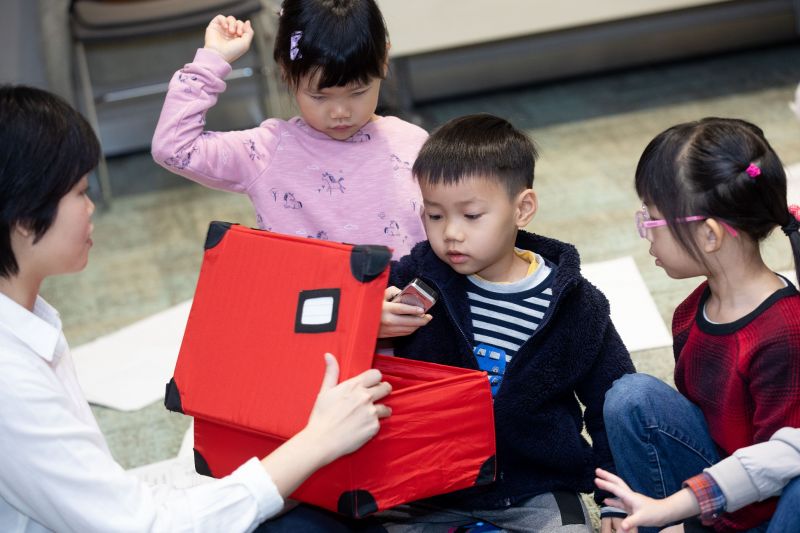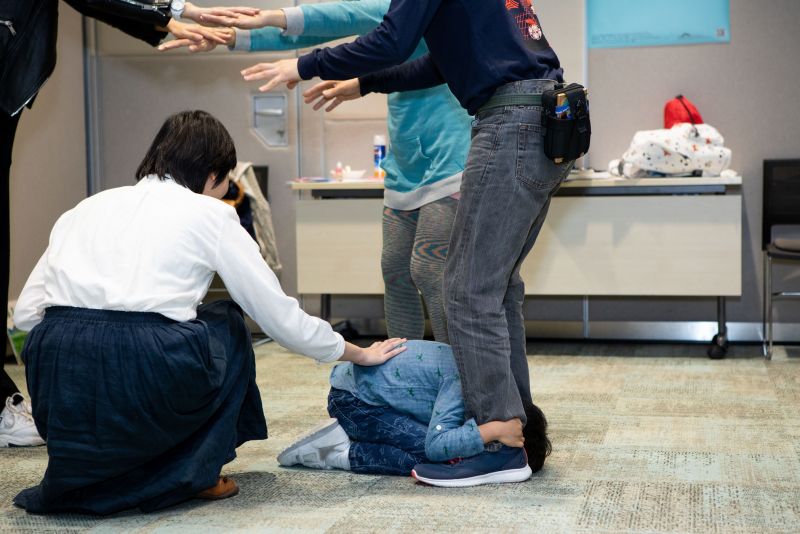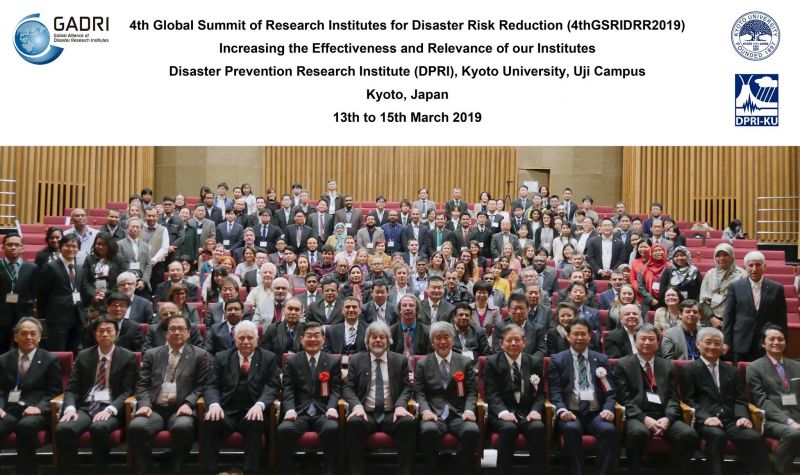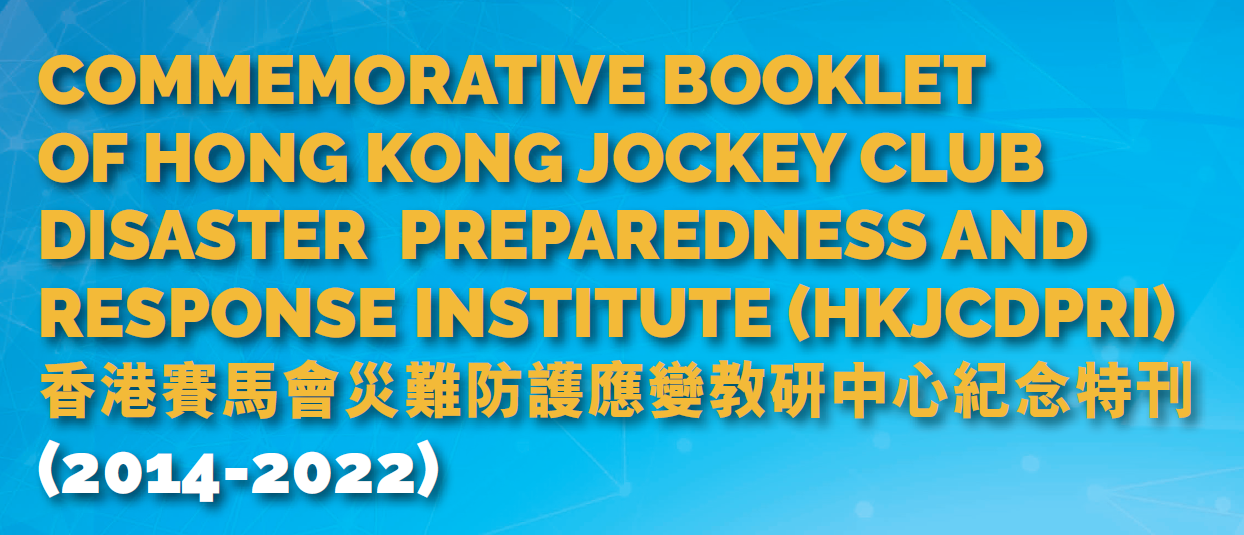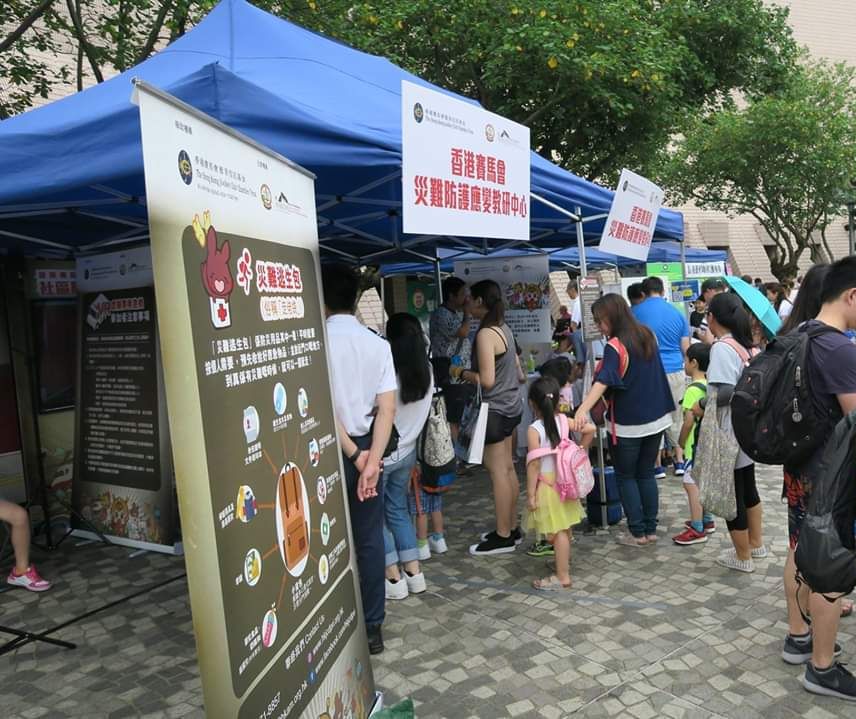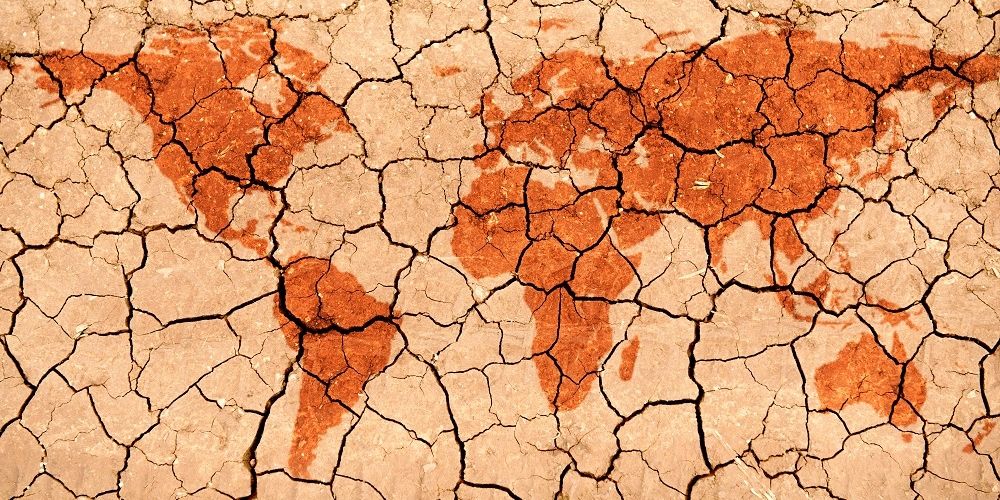You are here
E-learning Platform
E-learning Platform
We welcome participants from around the world to join our online learning platform

2020
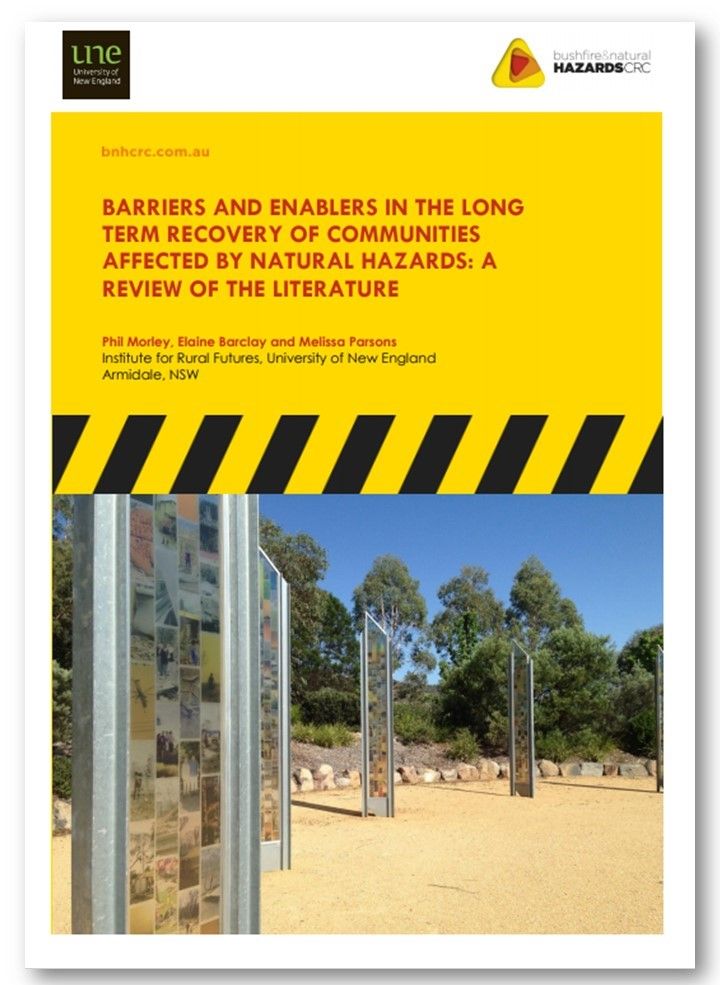
23/01/2020
[本文只供英語版本]
[本文只供英語版本]
Four phases of disaster management are well-established in disaster related literature. The phases are emergency relief, recovery and reconstruction, mitigation, and preparedness. Long-term recovery is the process of restoring a community to a stable and functional state. An effective long-term recovery support to disaster-impacted communities enables the community to restore, redevelop and revitalise the environmental, social, economic fabric of the community and build resilience. Recovery should begin during response and aim to return the disaster-impacted area to pre-disaster status, or even better than before.
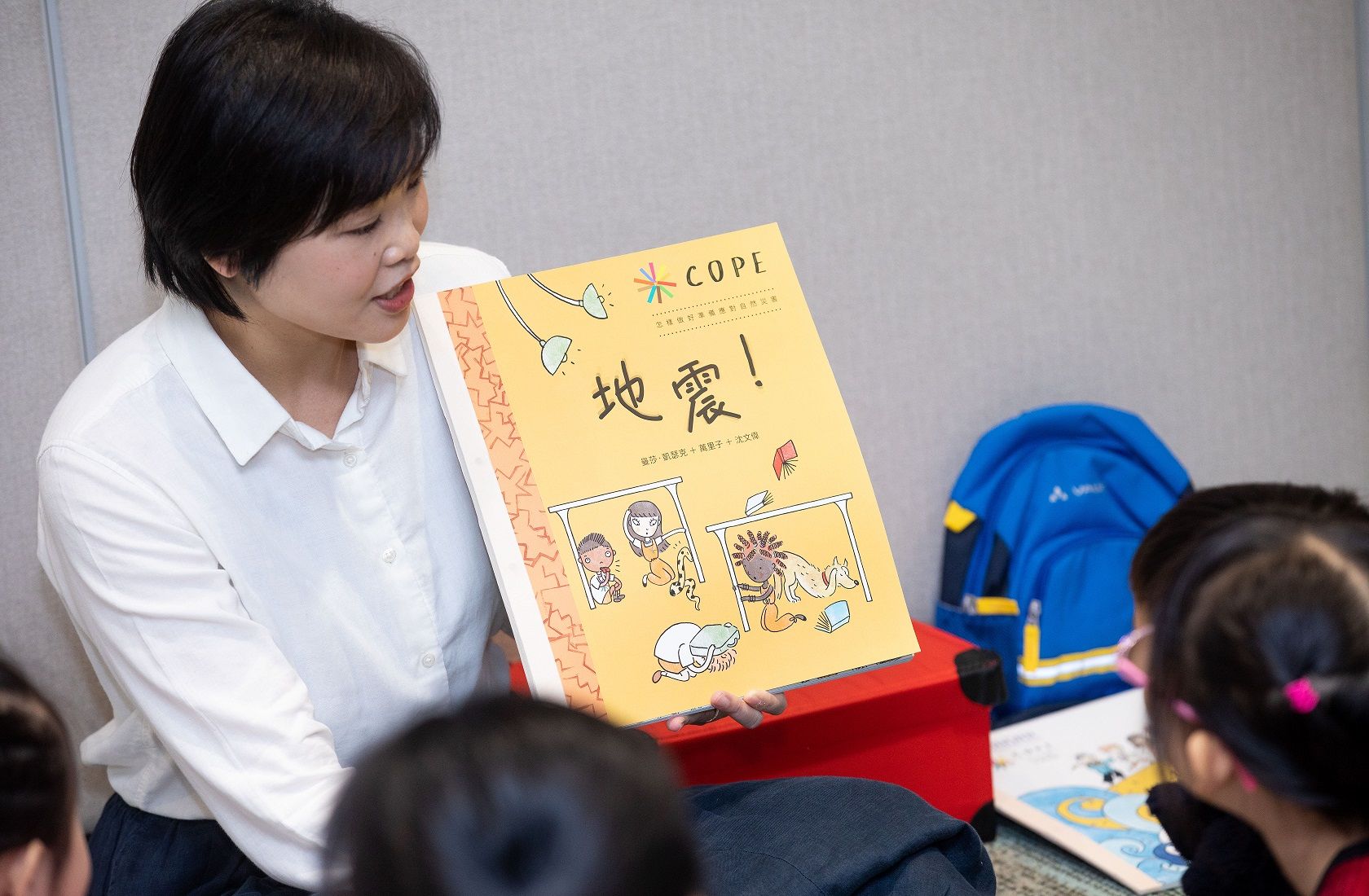
23/01/2020
[中文翻譯版本即將推出]
[中文翻譯版本即將推出]
The COPE Squad from the picture book series, COPE, is here to teach all Hong Kong kids how to "Get Ready and Be Prepared" in face of disasters!
Apart from reaching out to children via our electronic books and distribution of hard copies of the COPE story books, we organised special activities suitable for children and parents to discover more about how they can protect their safety and their loved ones during emergencies.
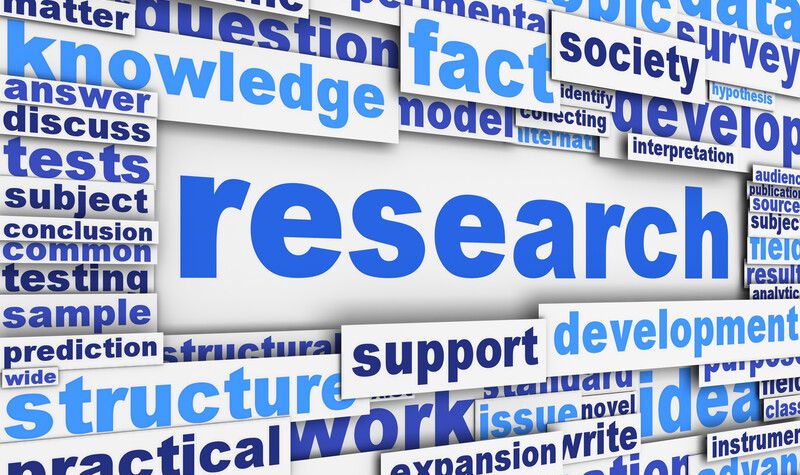
22/01/2020
[中文翻譯版本即將推出]
[中文翻譯版本即將推出]
The Global Alliance of Disaster Research Institutes (GADRI) is a forum for sharing knowledge and promoting collaboration on topics related to disaster risk reduction and resilience to disasters. Various research institutions including universities and organisations in collaboration with UN agencies such as the UN Office for Disaster Risk Reduction (UNDRR) around the world have joined GADRI as its members. The membership is open to institutes with an aim to contribute to the advancement of disaster research and disaster risk reduction field work.
2019
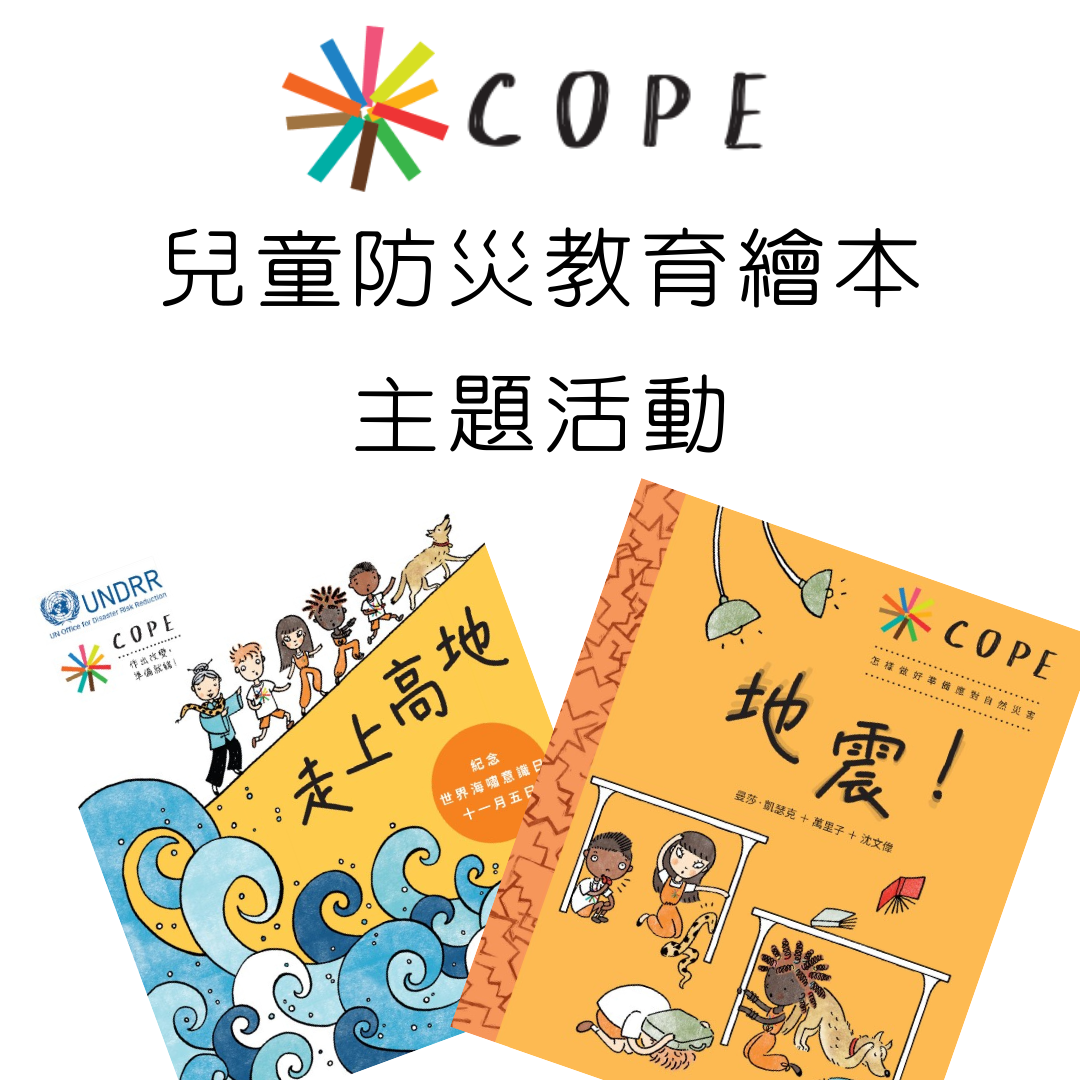
28/12/2019
[Only Selected Information is provided in English]
2020年1月18日 (星期六)
《防災活動預埋你》- COPE防災繪本親子故事坊
Pages
E-learning Platform
This page lists all of HKJCDPRI’s or our collaborating partners’ online learning resources, including Certificate-bearing e-Learning modules, webcasts and case studies.
All resources listed here are freely and publicly available. We ask users to use them with respect and credit the authors as appropriate.
You may have to log onto DPRI’s Moodle Platform in order to access some of the materials.




